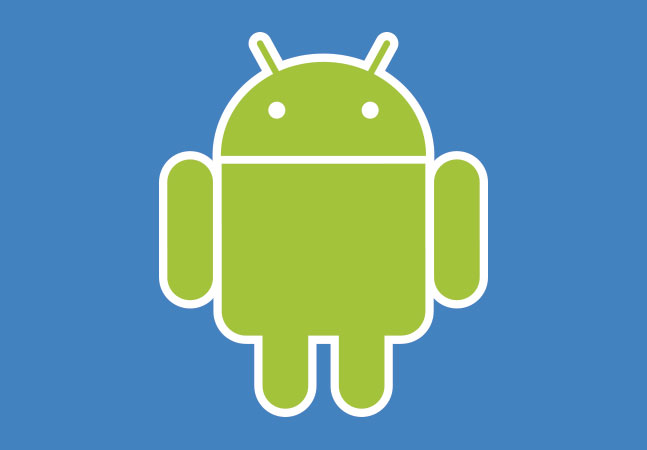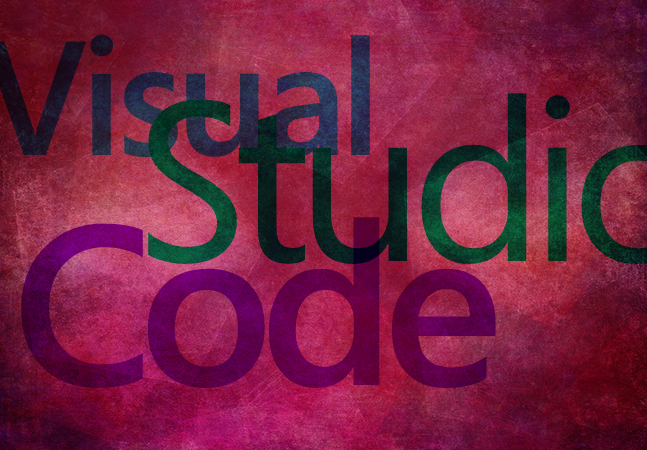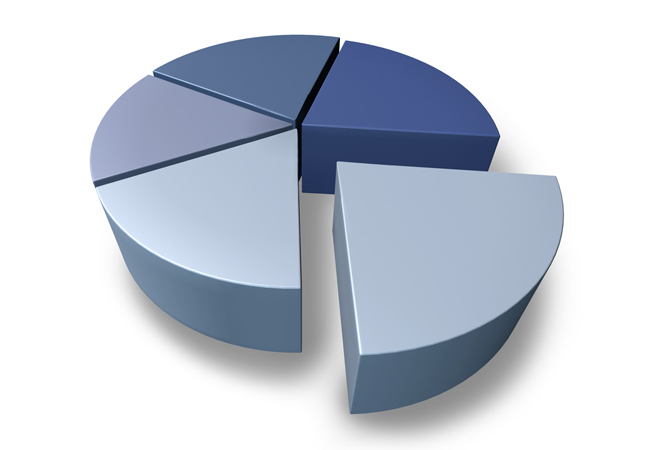
Oracle is billing the change as "an expansion of tracks to include more languages, technologies and developer communities," and plans to include talks on such languages as Go, Rust, Python, JavaScript and R.

Designed to help guide the Eclipse Foundation as it prepares to take on the responsibility for the future development of enterprise Java, the worldwide survey reached out to 1,800 Java developers in March.

New programming language popularity reports are out for April 2018, with one index showing Python on track to upstage perennial No. 1 Java and another showing Perl is "having a hard time."

Lightbend, the company behind the Scala language and developer of the Reactive Platform, has joined the Eclipse Foundation because, the company said, it is the new home of enterprise Java.

The U.S. Court of Appeals for the Federal Circuit sent the case back to a judge in San Francisco for a trial to decide how much the search engine giant will have to pay. Oracle originally sought $9 billion in damages.

Spring Boot is a rapid application development framework designed to simplify the development of stand-alone, production-grade, Spring-framework-based apps that run with little Spring configuration.

Android Studio 3.1 is now stable and available, featuring enhanced Kotlin support, smaller builds, recent IntelliJ platform updates and more.

This release, which comes barely six months after the release of Java SE 9 and includes 12 new enhancements, is the first in the new rapid release cadence Oracle announced late last year.

Microsoft's Visual Studio Code team has added initial support for the JUnit 5 testing framework, along with other Java functionality via extensions to the open source, cross-platform code editor.

Under the aegis of the Eclipse Foundation, the technology formerly known as Java Enterprise Edition (and Project EE4J) is Jakarta EE. Given the community's reaction -- positive but with lingering disappointments -- this one is probably going to stick.

Oracle says it will separate JavaFX from the core JDK distribution beginning with JDK 11, stating that making the technology available as a separate module will make it easier to adopt and will "clear the way for new contributors to engage in the open source OpenJFX community."

Both the TIOBE Index and RedMonk Programming Language Rankings issued new reports this week to track the popularity of programming languages, with old favorites -- especially Java and JavaScript -- continuing to dominate, though Ruby and Kotlin were called out for special attention.

Let the candy nickname speculation begin: Android P has arrived in the form of an early developer preview, less than seven months after Android Oreo (8.0) shipped.

The Apache Software Foundation announced the beta release of the still incubating version of Apache NetBeans 9.0.

Azul Systems and Red Hat today announced that the Zing runtime for Java will be available as a free upgrade with JBoss Data Grid subscriptions

It's official: the new name for the technology formerly known as Java Enterprise Edition (and Project EE4J) is Jakarta EE.

With the announcement that Google's ARCore augmented reality SDK has emerged from preview in version 1.0, developers can now use it to create augmented reality apps for distribution through the Play Store.

Oracle has updated its Java SE Support Roadmap to include, among other things, extended support for Java SE 8, with updates available until at least January 2019.

The rebranding of enterprise Java continues, with "Jakarta" and "Enterprise Profile" emerging as the final two options offered by the Eclipse Foundation to the community in the second phase of the process, and the Foundation is accepting votes until Feb. 23.

Waratek announced a new security tool for Java and .NET applications that uses virtualization to quickly apply patches for long-term and newly discovered vulnerabilities.